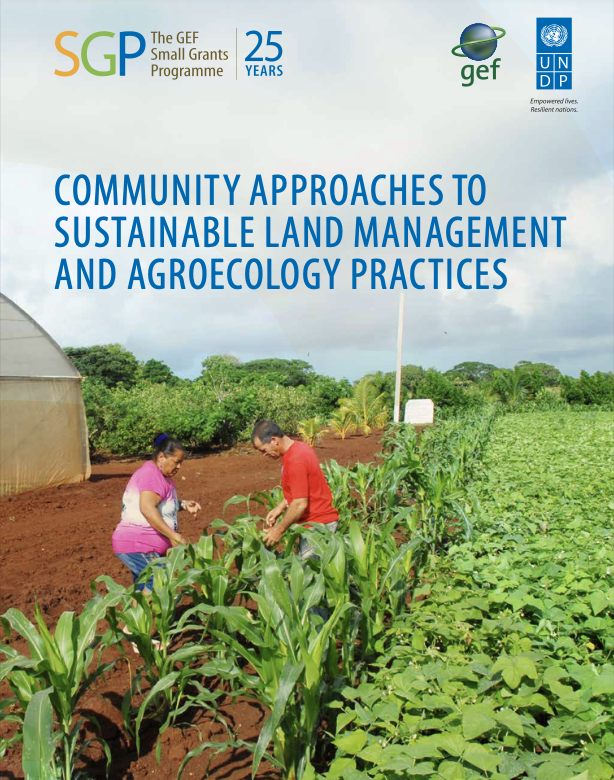Climate Change and Risk Management: Vulnerability analysis of coastal marine infrastructures in Latin America.
The objective of the study is to provide methodological instruments to governments in Latin America to facilitate the identification of the vulnerability of the physical infrastructure of coastal marine areas to climate change and facilitate the identification of adaptation options. It sets out the main ideas covered, that takes the experiences, lessons learned and best practices in the beneficiary countries of the EUROCLIMA programme in order to estimate and reduce the vulnerability of coastal marine infrastructures in the face of climate change.


